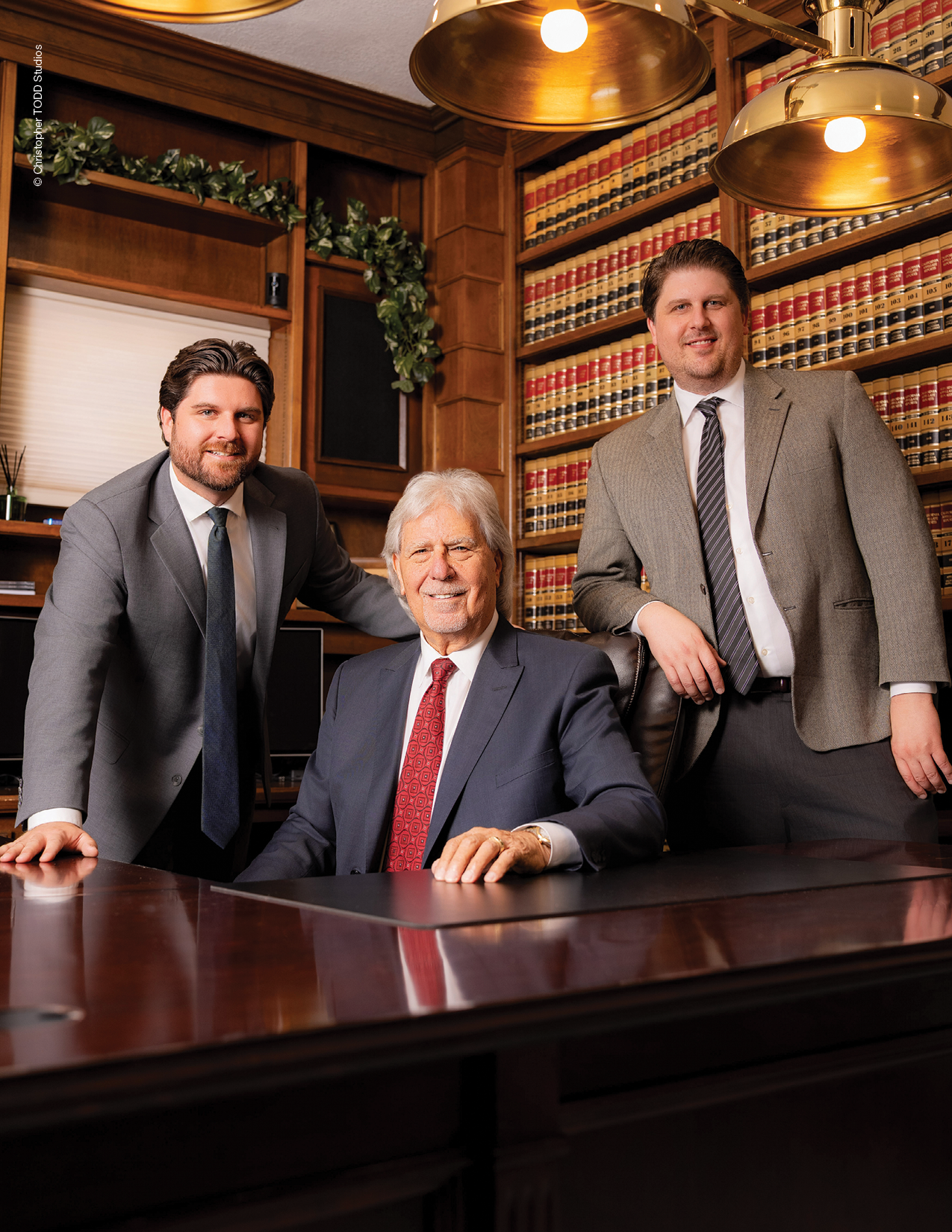Lance Godard has helped lawyers and law firms articulate their value, engage their readers, and grow their business through compelling content for three decades. Follow his work on www.linkedin.com/in/lancegodard.
5 Tips to Get Your Lawyer Biography Noticed
A good lawyer biography provides an overview of your strengths and accomplishments, tells an engaging story, and describes the benefits you bring to clients (as it draws in your reader), piquing their interest so they want to learn more. It does not recount your entire career, list every case you won, and document every deal you closed since you graduated from law school.
Five do’s and don’ts to make your biography stand out, whether on LinkedIn, your firm profile, or in the program notes for your next speaking gig:
1. Lead Off with How You Help People (Not Just Your Title)
You need to tell people what you do and how you can help them. “Jennifer Jones is a Partner in the Litigation Group” does neither. Instead, make the opening sentence a value proposition that clearly states how you help clients, like: “Jennifer protects biotech startups against product liability theft and losses.” If that’s all that visitors to your website read, they’ll know what you do—what you’re good at—and what you can do for them.
If your practice covers multiple disciplines, include that in your introductory paragraph as well. “In addition, she helps IP rights holders monetize their intellectual property and has particular strengths managing pharmaceutical and biotechnology patent portfolios across the globe.”
2. Tell Stories
Client stories are engaging testimonies of your skills and commitment to clients. Always include one or two representative examples of your work in the text of your bio to demonstrate your experience and show readers how you solve the business and legal problems they face.
...demonstrate your experience
Ideally, you’ll be able to tie practice strengths into the case studies you provide. “Biotech clients count on Jennifer’s understanding of sophisticated technology—she has a Ph.D. in biochemistry from Yale—to guide them as they pursue licensing and sales opportunities for their products. In one such instance, she helped a small biotech startup license their genetic engineering process to a global pharmaceutical company for an eight-figure sum.”
3. Don’t Talk Too Much
When it comes to bios, less is often more. That doesn’t mean that you should exclude significant capabilities and practice strengths, but rather that you should always maintain a critical eye on the length of your bio when deciding what to discuss. Ask yourself if this skill or that experience is relevant to the audience you’re trying to reach. If so, keep it in. If not, consider highlighting it elsewhere, like in a representation list or with a practice group designation.
Ask yourself if this skill or that experience is relevant to the audience you’re trying to reach.Of course, there’s no ‘right length’ for bios, particularly since they must complement your firm’s style and conventions and align with the time you’ve been practicing. Still, my rule of thumb is typically between 250 and 350 words for senior associates and junior and mid-level partners. First-year associate bios will be shorter, in the 100-150 word range, and those for senior partners and firm leadership can easily approach 500 words.
4. Use Plain English
Nobody likes legalese. Not other lawyers, not CEOs and business managers, not even your mother. (Really. Just ask her.) And certainly no one wants to dig through legalese in a lawyer biography.
Use plain English phrasings to make your bio easy—and enjoyable—to read. Avoid overly technical descriptions of client problems you’ve solved, lawsuits you’ve argued, and negotiations you’ve handled. Simple and relatable language that everyone understands will make your talents stand out so that readers won’t be left scratching their heads wondering what you actually do.
5. Don’t Hide Your Personality
Remember the proverb “all work and no play makes Jack a dull boy”? Turns out it’s true for lawyers, too. Describing your activities outside the office gives readers the complete picture of who you are, what you care about, and how you spend your time. Extracurricular activities—professional and personal—can also be a great conversation starter.
Law is a relationship business, and those relationships are often boosted by affinities you share with peers and prospects.
Clients want to hire real people to do their work, people with personalities and interests that go beyond their practice. Whether you’re president of an industry trade association, a long-time runner who’s completed marathons in 25 states, or a volunteer at the local food bank, talk about it in a sentence or two at the end of your bio to illustrate what you do when you’re not working.
Your bio should tell your story, what you’re good at, and why clients should hire you. Now get writing.








